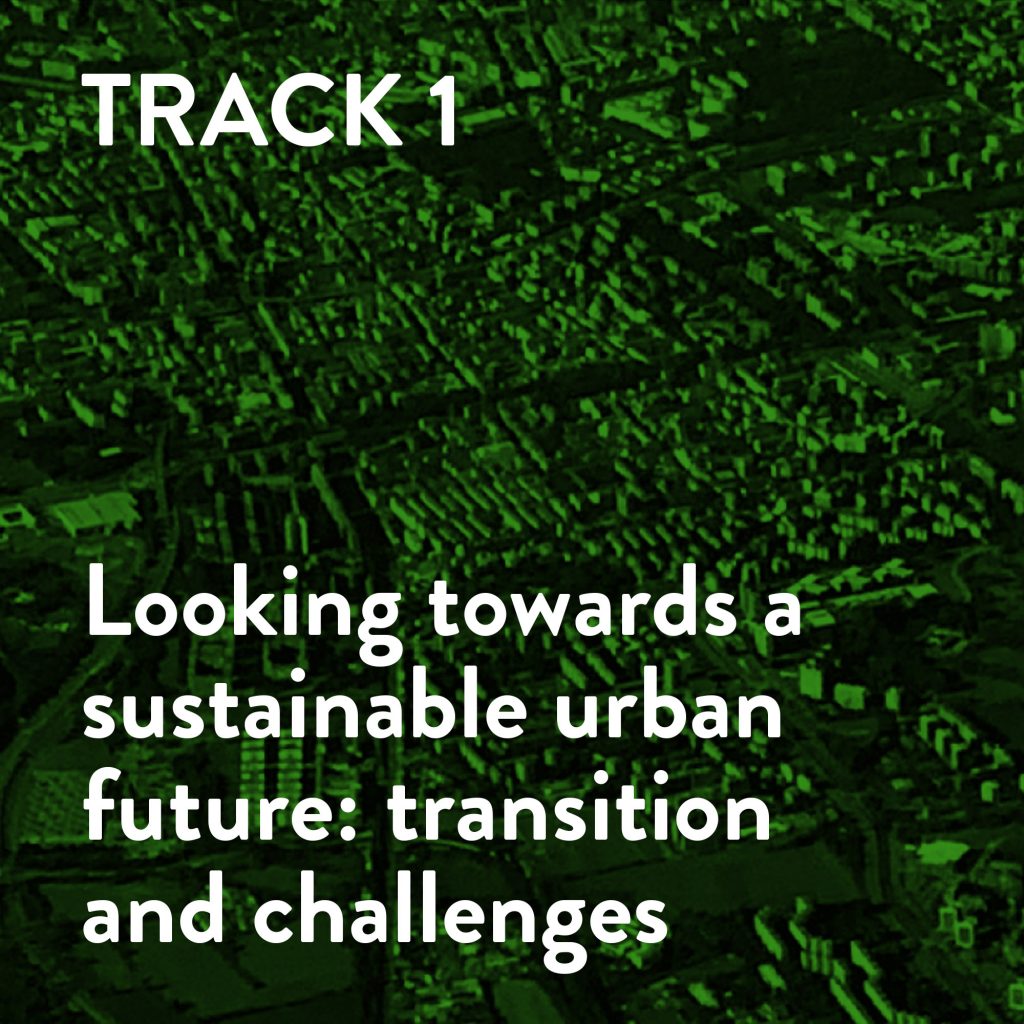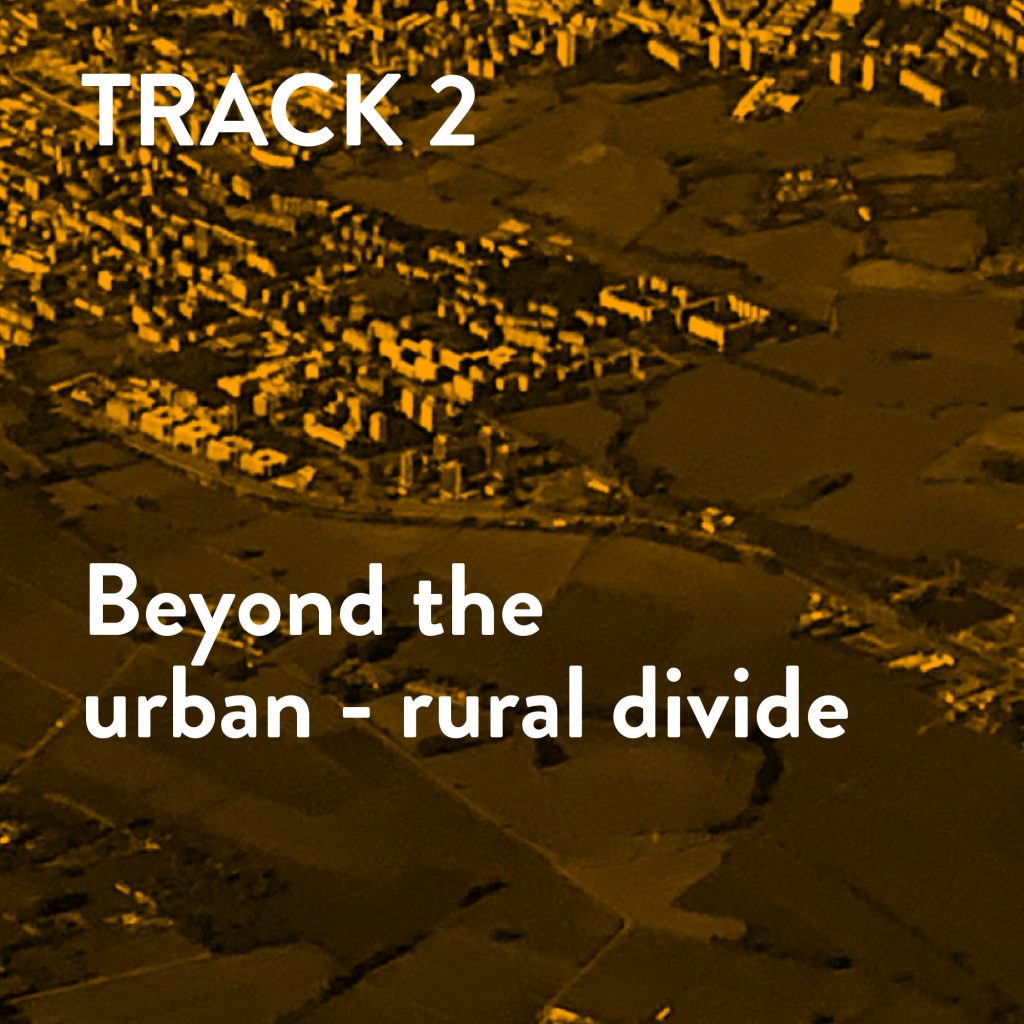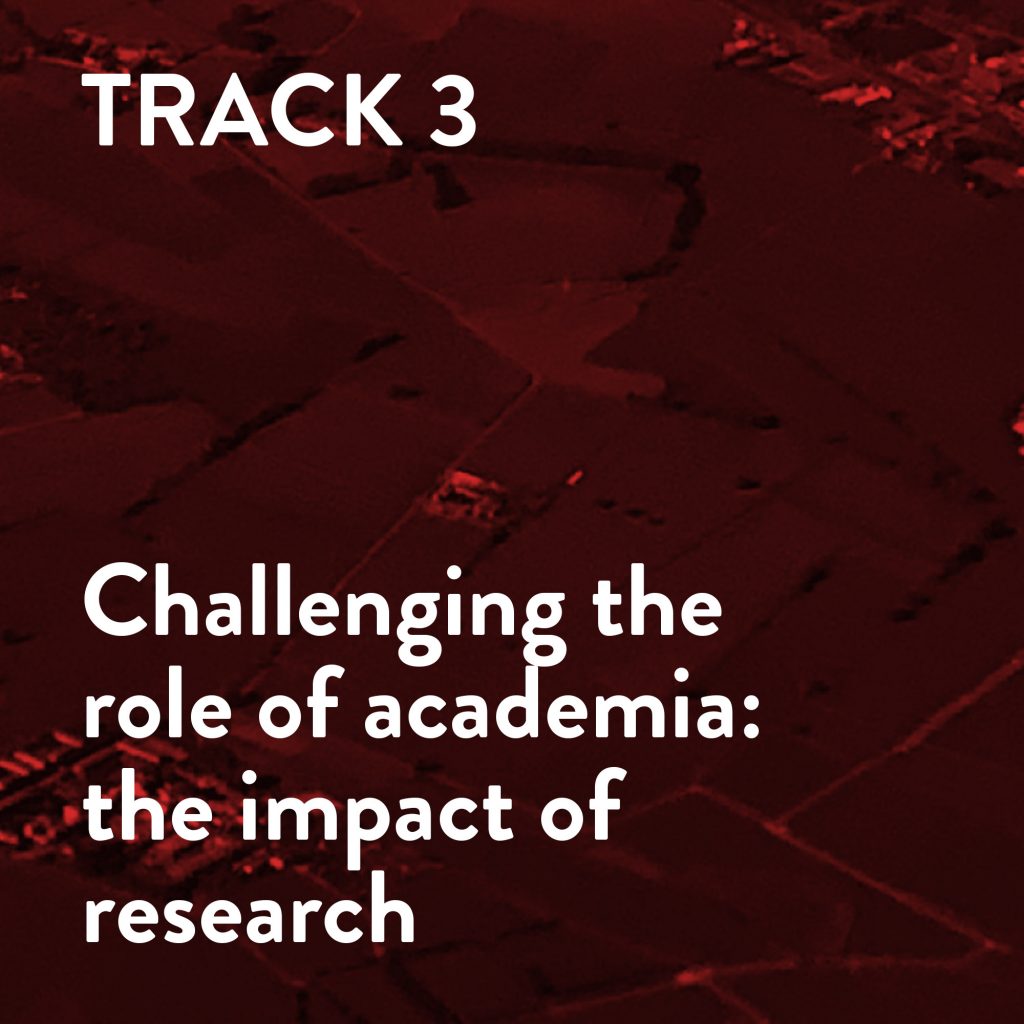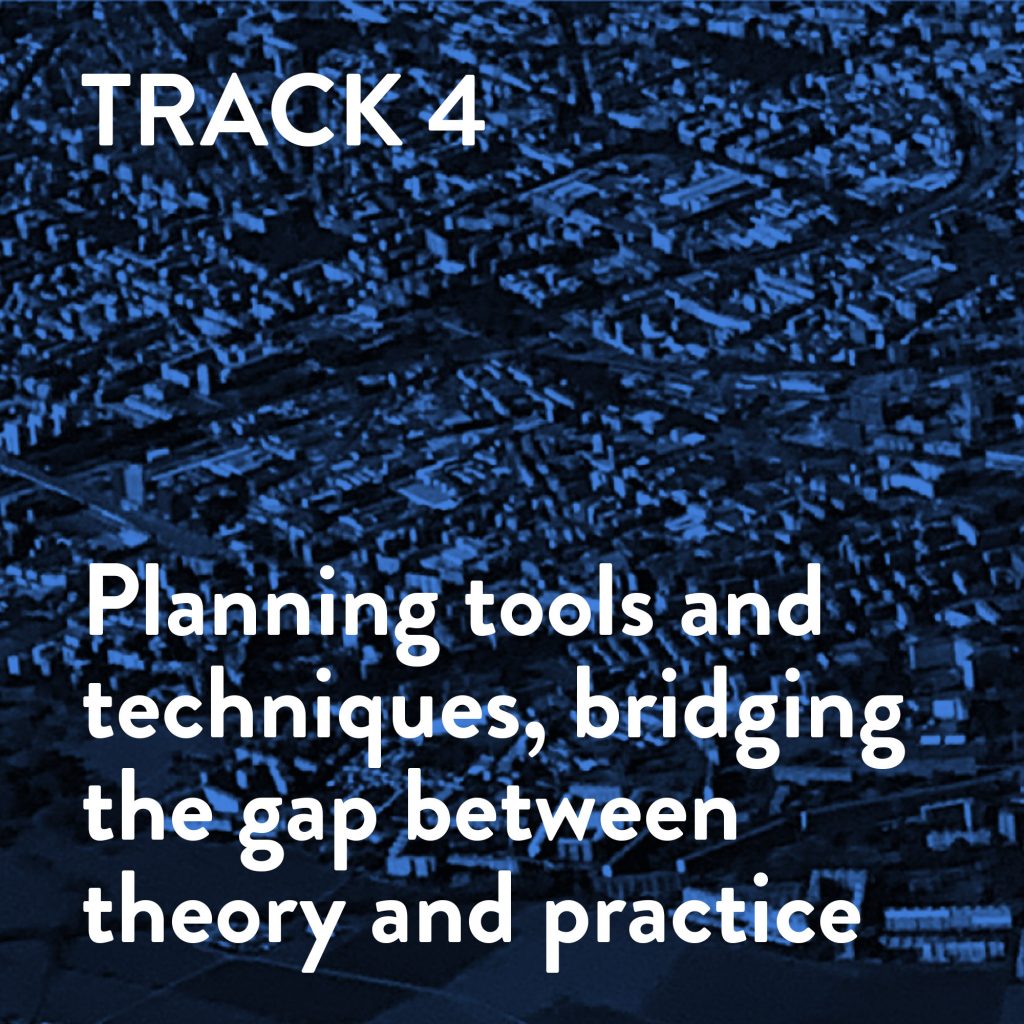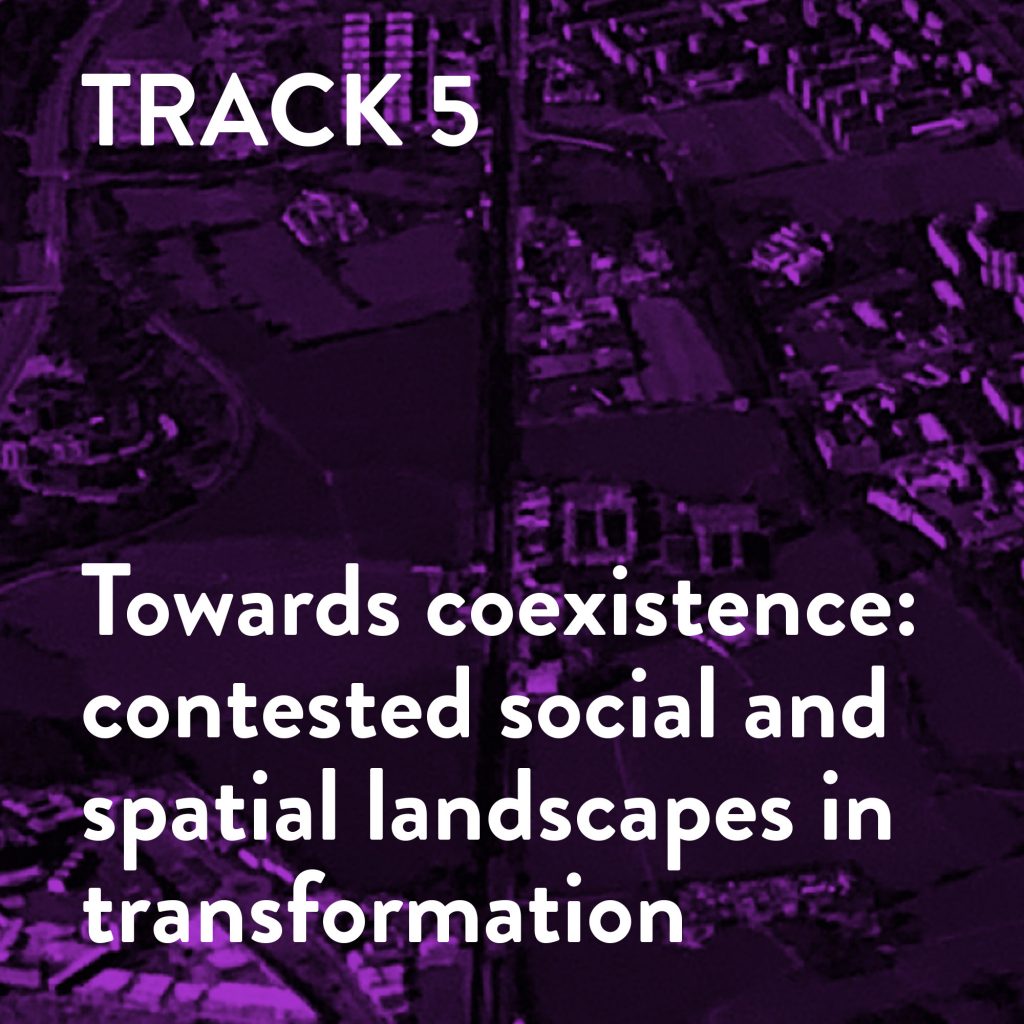Track 5
Towards coexistence: contested social and spatial landscapes in transformation
Track Chairs: Gloria Pessina (DAStU, Politecnico di Milano), Nikos Katsikis (TU Delft)
Track Coordinators: Aamina Shahid, Busra Ince, Danila Saulino
Increasing globalization, mobility, acceleration of production and consumption and the contestation of territories are profoundly affecting territorial, social, and ecological equilibriums, posing a threat to the existence of many species, including human beings. Adding to this, it has been estimated that by 2050, climate change and extreme weather will force more than 200 million to migrate. Nonetheless, today we are witnessing a great paradox: on one hand, the increase in frequency and impact of climate events demonstrates an urgency to work towards more holistic and shared solutions; on the other, new boundaries, borders and ideological wars are spreading from South to North and East to West, limiting the mobility of people, goods and ideas. These simultaneous phenomena are not merely physical, but also conceptually divisive. It is necessary to observe such phenomena beyond their inner nature, in order to understand the relationships between them. By doing so we can unveil the question: Who is gaining and who is losing in large scale landscape transformations? In today’s complex societies, shaped by factors such as culture, ethnicity and gender, places of interaction between different societal components have a particular symbolic significance. In this context, scholars and planners play key roles in addressing the challenge of planning territories for coexistence rather than exclusion.
The track aims to raise critical reflections on environmental and landscape transformations to explore the socio-spatial effects they generate and the power dynamics behind them. Considering territory as a contested place, it also aims to investigate the relationship between identity, territorial use, landscape representation and narratives. How to plan territories for coexistence in today’s complex societies? How can urban and spatial planning contribute to bridge gaps rather than building borders between people-people and people-territories? How do new ways of living transform the landscape and what effects do they have on local communities? Is it possible to establish a limit within which the modification of landscape is still sustainable for a territory? By whom and for whom is the sustainability of a landscape transformation defined and assessed? How does identity affect the use of space and place and vice versa? How is landscape used as a means and representation of power? This track welcomes theoretical and practical contributions with an approach on various research methodologies, including participatory and creative tools to study and represent territories and landscapes, their transformations and uses.
Keywords and topics:
- Land use and land rights
- Regional planning
- Borders and proximities
- Place power, borders, migration,
- Ecological and territorial justice
- Ecosystems and ecology
- Place attachment, placemaking and community empowerment
- Critical landscapes and critical mapping


